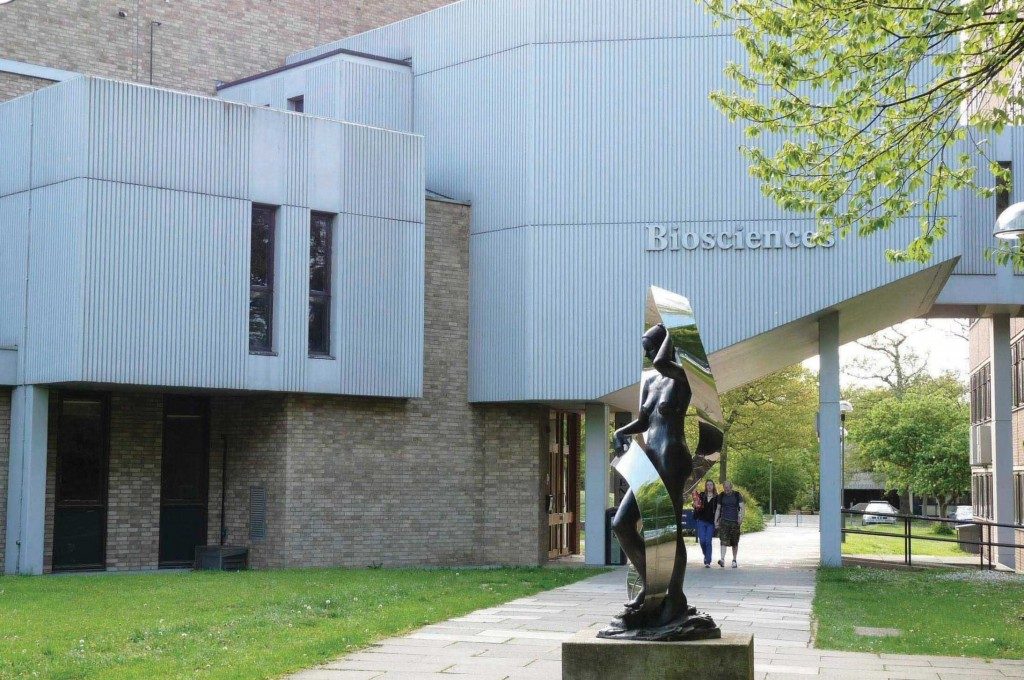In case you missed it, the School of Biosciences received a donation of £150,000 to fund two 3-year PhD Studentships as part of the ‘Jane Irons PhD Scholarships’.
This donation, provided by Dr John Stolz and named in honour of his late wife and business partner, funds a series of research projects for vital areas of bioscience research in which funding is otherwise difficult to source.
Funding began this year with research in two distinct fields of study, looking into ‘The Worm-bug: a new model to study how microbes affect the brain’, and ‘Supramolecular Self-associating Amphiphiles (SSAs) as novel enhancers of cancer treatment’.
Dr Campbell Gourlay, Director of Research at the School of Biosciences said: ‘This extraordinarily generous gift from John Stolz will be invaluable in sustaining Kent’s place among the world’s leading research centres.’
Michelle Garrett, Professor of Cancer Therapeutics in the School of Biosciences said: ‘Dr Jennifer Hiscock (School of Physical Sciences) and I are delighted to be awarded a Jane Irons Scholarship for the project ‘Supramolecular Self-associating Amphiphiles (SSAs) as novel enhancers of cancer treatment’. This innovative multidisciplinary research project will provide the PhD student with a unique set of chemistry and biology skills, giving them expanded career opportunities across the boundaries of these two disciplines and has the potential to deliver significant impact in the field of cancer research.’
Dr Stolz said of the donation: ‘It is a pleasure to be able to support this work. Fundamental research is often neglected in favour of research that provides more immediate and obvious benefits. However, we need to recognise that the modern world is based on research that, at the time, appeared to have no apparent nor obvious application. My late wife and I built our business in scientific publishing and communications and I am grateful for the opportunity to, in a small way, encourage fundamental science.’
The School of Biosciences’ acclaimed research promotes the understanding of human diseases and how living systems can be of benefit to human society. Research is focused on biological processes at the molecular and cellular level and spans the disciplines of biochemistry, genetics, biotechnology and biomedical research.
- Repurposed from Kent News Centre.

